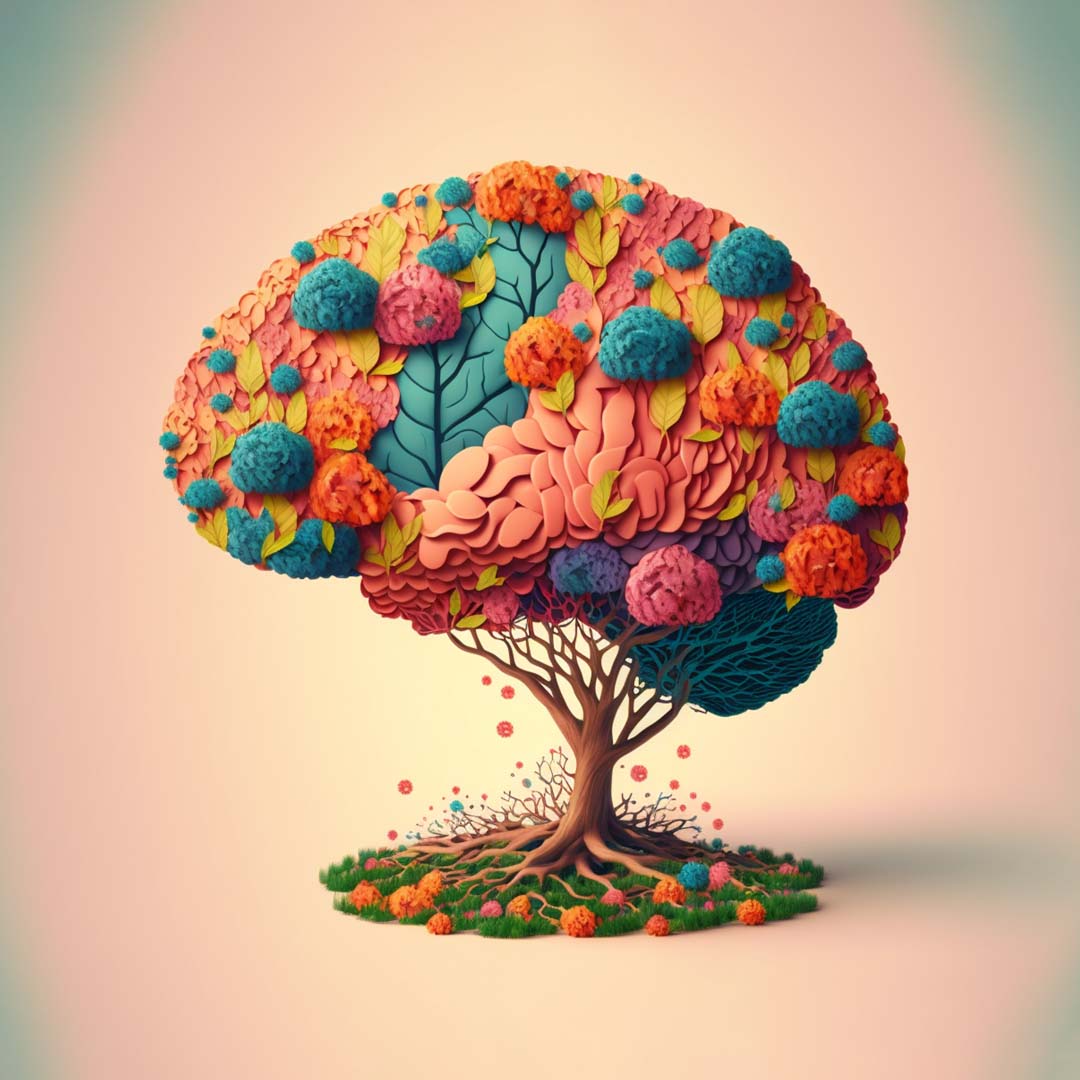Improving workplace DEI culture using an Emotional SMARTS® approach
Emotional SMARTS® can play an important role in normalizing a diversity, equity and inclusion (DEI) culture at work.
In the journey towards building a diverse, equitable and inclusive workplace culture, emotional intelligence might not be enough. That is why we argue that the Emotional SMARTS® approach is one critical tool that can play an important role in normalizing the diversity, equity and inclusion (DEI) culture at work. It highlights the connection between emotional intelligence (EI) and behavioural styles, which are two intertwined aspects of human behaviour that shape how individuals interact and respond to the world around them.
The concept of Emotional SMARTS® was developed by Dr. June Donaldson. It describes the way we acquire and demonstrate emotional intelligence in situations to get the best outcomes. Similar to the concepts of "book smarts" and "street smarts", emotional smarts boil down to our ability to pick up on social cues and respond with appropriate behaviours.
Emotional smarts boil down to our ability to pick up on social cues and respond with appropriate behaviours.
The term "behavioural styles" refers to the observable patterns of behaviour and communication that people exhibit. Behavioural styles are influenced by various factors, including personality traits, cultural background, upbringing, and life experiences. Displaying emotional smarts helps promote meaningful dialogue and normalizes conversations about workplace DEI culture.
The Emotional SMARTS® approach is particularly useful because it promotes the combined use of emotional intelligence and behavioural styles in emotionally stressful DEI situations. This can help promote empathy, self-regulation and appropriate behaviour at work.
Most emotional intelligence conversations focus only on EI competencies rather than the associated behavioural styles with which they are intertwined. Developing emotional intelligence will help individuals understand their own behavioural tendencies, empathize with others' styles, and adapt their communication and behaviour to create more harmonious and effective relationships. This leads to more successful interactions, improved teamwork, and enhanced personal and professional growth.
Emotionally intelligent individuals are better equipped to perceive and adapt to the behavioural styles of others. For instance, an influential/expressive person with high emotional intelligence can adjust their communication to be more receptive when interacting with someone who is more reserved.
Displaying emotional smarts helps promote meaningful dialogue and normalizes conversations about workplace DEI culture.
Demonstrating emotional smarts in diversity, equity and inclusion conversations can foster trust and psychological safety because people feel understood and respected when their thoughts and concerns are acknowledged and acted upon. Emotional intelligence nurtures an environment where everyone feels safe to express themselves authentically, contributing to a richer and more inclusive dialogue. When we demonstrate emotionally smart behaviours in stressful workplace DEI situations, we can build an environment where trust and psychological safety become commonplace. This results in meaningful connections, strengthened relationships, and improvements in workplace DEI culture.
Displaying emotional smarts encourages individuals to seek common ground and collaborate on finding solutions rather than perpetuating divisions or seeking to dominate the conversation. This aligns with the desire of many organizations to create a positive work environment where employees are tolerant of different diversity dimensions and display appropriate behavioural styles.
Contact our Corporate Training team to learn how we can help develop the emotional smarts of your employees and front line leaders.
MacDonald Oguike is the Associate Director of Corporate Training and Workforce Development at University of Calgary Continuing Education. He is an experienced international HR professional with experience from four continents and many global business cultures, including countries like Canada, Finland, and Brazil.
Originally developed by Canadian Dr. June Donaldson, Emotional SMARTS® is comprised of an emotional intelligence assessment tool covering 16 competencies.

